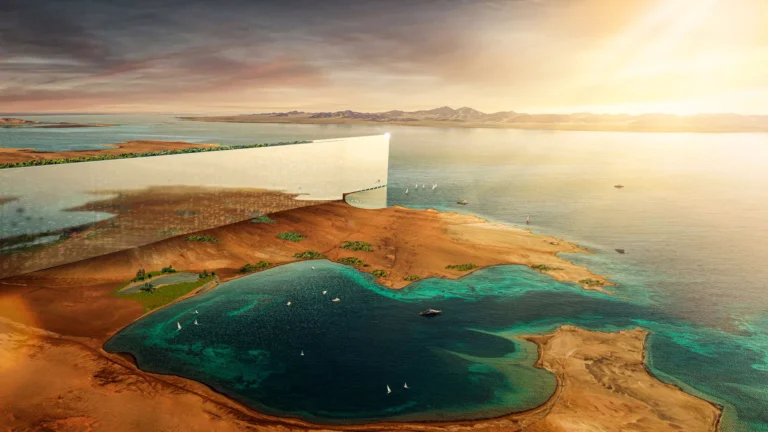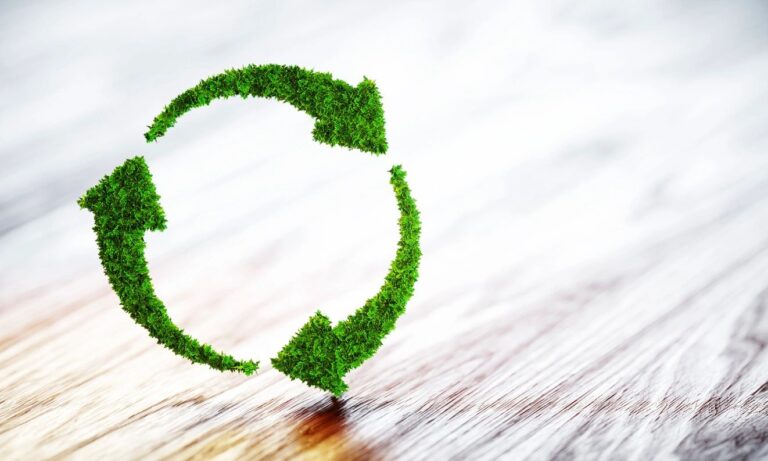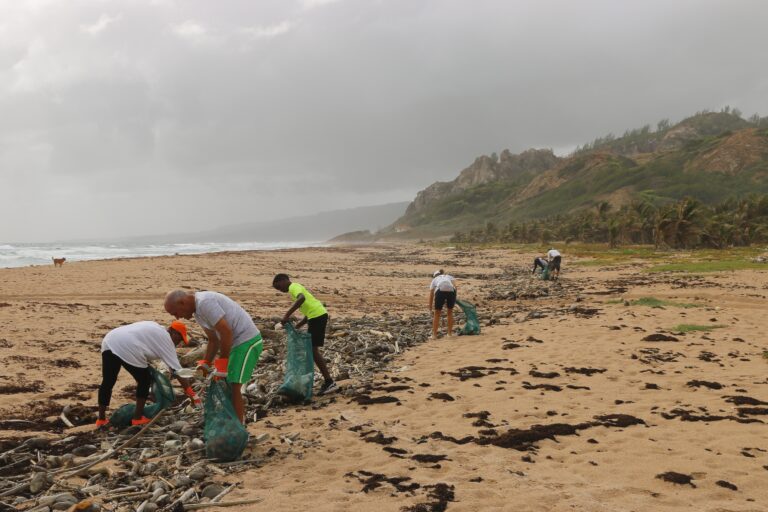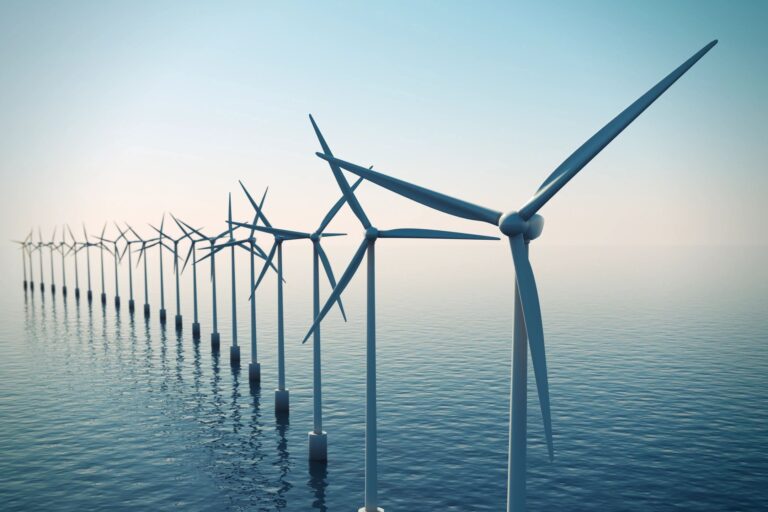The blue economy is a concept that refers to the sustainable use of ocean resources for economic growth, improved livelihoods, and jobs, while preserving the health of ocean ecosystems. It encompasses a wide range of activities, including fisheries, aquaculture, shipping, tourism, and renewable energy. The blue economy is seen as a way to address some of the most pressing challenges facing the world today, such as food security, climate change, and economic inequality.
One of the key benefits of the blue economy is its potential to contribute to food security. The ocean is a major source of protein for many people around the world, and responsible fisheries and aquaculture can help to ensure that this valuable resource is used sustainably. For example, aquaculture can be used to produce fish and other seafood in a controlled environment, reducing the pressure on wild fish populations. This can help to ensure that fish stocks remain healthy and productive, providing a stable source of food for people who rely on them.
Another important aspect of the blue economy is its ability to create jobs and improve livelihoods. The ocean economy is a significant contributor to global GDP, and it has the potential to create millions of new jobs in areas such as fishing, shipping, and tourism. For example, the growth of ecotourism in coastal communities can provide an important source of income for local people, while also promoting conservation and sustainable development. Additionally, the blue economy provides many jobs opportunities in renewable energy sector such as wave, tidal, ocean thermal energy conversion and ocean current energy.
The blue economy also has the potential to contribute to climate change mitigation and adaptation. The ocean plays a critical role in regulating the Earth’s climate, and sustainable ocean-based activities can help to reduce greenhouse gas emissions and protect against the impacts of climate change. For example, offshore wind energy can provide a clean and renewable source of power, while also helping to protect coastal communities from the effects of sea level rise. Additionally, the blue carbon stored in marine and coastal ecosystems such as mangroves, salt marshes, and seagrass beds can help to mitigate climate change by absorbing and storing carbon dioxide from the atmosphere.
However, it is important to note that the blue economy is not without its challenges and potential negative impacts. For example, overfishing, pollution, and climate change can all have detrimental effects on ocean ecosystems and the people and animals that depend on them. In addition, the increasing demand for ocean resources can also lead to conflicts and competition among different user groups. Therefore, it is important to develop policies and management strategies that promote sustainable ocean use while also protecting the environment.
In conclusion, the blue economy has the potential to contribute to food security, create jobs and improve livelihoods, and contribute to climate change mitigation and adaptation. It is important to ensure that the use of ocean resources is sustainable and that negative impacts are minimized. With proper planning and management, the blue economy can help to create a more prosperous and equitable world for all.





